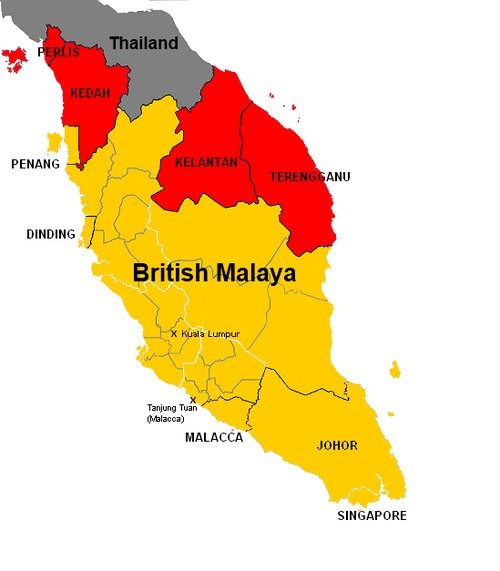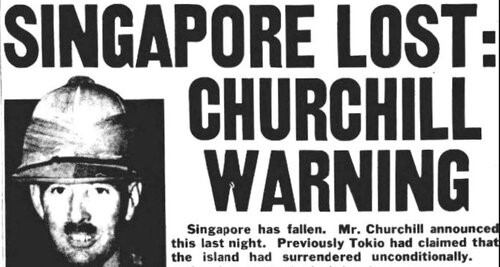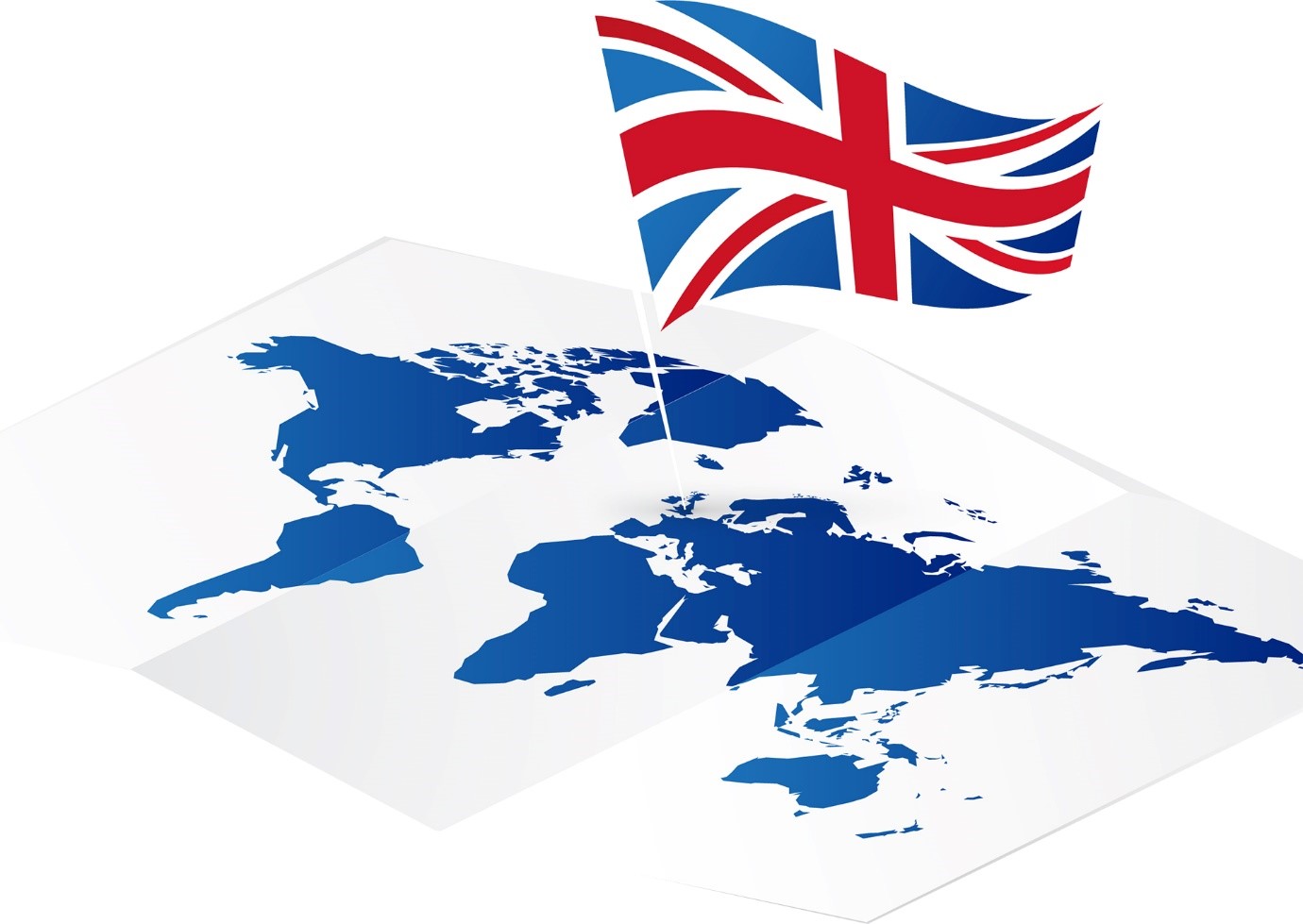Quantum Wealth Summary
- What you need to know: This Company used to be a legendary brand. It had a dominant presence throughout the 20th century. Then, suddenly, it stumbled and faded from view in the 21st century.
- Why it matters: This Company still has strong holdings in aviation, energy, and healthcare. Right now, it could be making a comeback. Its stock price is up over 60% this year.
- Here’s the state of play: The mainstream media isn’t paying attention to this story just yet. Like a phoenix rising from the ashes, does this Company have what it takes to succeed once more in today’s dynamic economy?
While my dad was growing up in the 1960s, his father told him something profound.
‘The sun is setting on the British Empire.’
This was a simple statement — but it felt seismic. Like the earth itself had tilted on its axis.
You see, my grandfather wasn’t well-educated. He had only attended primary school. He worked as a bus driver, then later a taxi driver.
Even so, my grandfather was observant enough to understand that the world was changing. Quickly. Dramatically.

Source: Quora
The British had ruled Malaya for over a century:
- In the process, they had reshaped Malayan society in their image. You saw in the railways, the ports, the colonial mansions, the missionary schools.
- For the longest time, Britain’s dominion was so entrenched in Southeast Asia, it felt as if they would rule forever.
But then World War II broke out, shattering the status quo:
- The Empire of Japan swept in. They invaded Malaya in a blitzkrieg. They took Singapore. It unfolded in just two months.
- It was a shocking event. British general Arthur Percival had 85,000 troops stationed in Singapore. But he was defeated by Japanese general Yamashita Tomoyuki, who led a force of just 35,000.
- In other words, the Brits lost to the Japs despite having a 2:1 numerical advantage.

Source: Historic War Tours
This was a total catastrophe:
- Singapore was the jewel in the crown. The economic fortress of Britain’s presence in the region. So, as you can imagine, losing it was hugely demoralising.
- Winston Churchill called it the worst military defeat in British history. His physician, Lord Moran, offers a first-hand account of Churchill’s despair: ‘Though his mind had been gradually prepared for its fall, the surrender of the fortress stunned him. He felt it was a disgrace. It left a scar on his mind. One evening, months later, when he was sitting in his bathroom enveloped in a towel, he stopped drying himself and gloomily surveyed the floor: “I cannot get over Singapore”, he said sadly.’
From that moment on, it was clear that British prestige was bruised and battered. Nothing would ever be the same ever again:
- In the aftermath of the war, Britain was part of the victorious Allies. However, this came at a very high cost. Britain’s economy was devastated. It was kept afloat only by the Anglo-American Loan Agreement — with the United States providing a generous package of $3.75 billion at a very low 2% interest rate.
- Given this situation, Britain had no choice but withdraw from its colonies. It had to refocus its priorities on the home front. And by the 1960s, the British disengagement from Southeast Asia was complete.
- Dean Acheson, the US secretary of state, observed: ‘Great Britain has lost an empire and has not yet found a role.’

Source: Policy Exchange
Of course, this wasn’t the end of Britannia. It was simply the next page in its story.
The nation needed to evolve. It needed to reinvent itself. And it has done so with a measure of success.
So, here’s where Britain stands today:
- It is the second-largest economy in Europe.
- It is the sixth-largest economy in the world.
- It is the third-largest recipient of foreign direct investment.
- Its capital, London, is the second-largest financial centre globally.
- From James Bond to Harry Potter to royalty, British culture continues to have a firm hold on our popular imagination.
Clearly, this is a nation more resilient than people are prepared to give it credit for. In the film Skyfall, Judi Dench’s M recites the poem Ulysses. It serves as a metaphor for Britain’s shifting fortunes:
We are not now that strength which in old days
Moved earth and heaven; that which we are, we are;
One equal temper of heroic hearts,
Made weak by time and fate, but strong in will
To strive, to seek, to find, and not to yield.
Of course, the decline of the British Empire offers a stark lesson for us all. No hegemony, no matter how powerful, can last forever. The cycle of history can switch gears at a moment’s notice.
What is true in geopolitics is also true in the world of business:
- So today, I’m looking at one Company that used to be a legendary brand. It had a dominant presence throughout the 20th century. But then, of course, it suffered from some missteps. It stumbled and faded from view in the 21st century.
- However, this Company still has strong holdings in aviation, energy, and healthcare. Right now, the Company is embracing a fresh vision, which could lead to a comeback. Its stock price is up over 60% this year, riding a new bullish mood.
- The mainstream media isn’t paying attention to this story just yet. Like a phoenix rising from the ashes, does this Company have what it takes to succeed once more in today’s dynamic economy?
Get started and receive your first Quantum Wealth Report today:
⚡🌎 Start Your Subscription: NZ$37.00 / monthly
⚡🌎 Start Your Subscription: US$24.00 / monthly







John is the Chief Investment Officer at Wealth Morning. His responsibilities include trading, client service, and compliance. He is an experienced investor and portfolio manager, trading both on his own account and assisting with high net-worth clients. In addition to contributing financial and geopolitical articles to this site, John is a bestselling author in his own right. His international thrillers have appeared on the USA Today and Amazon bestseller lists.